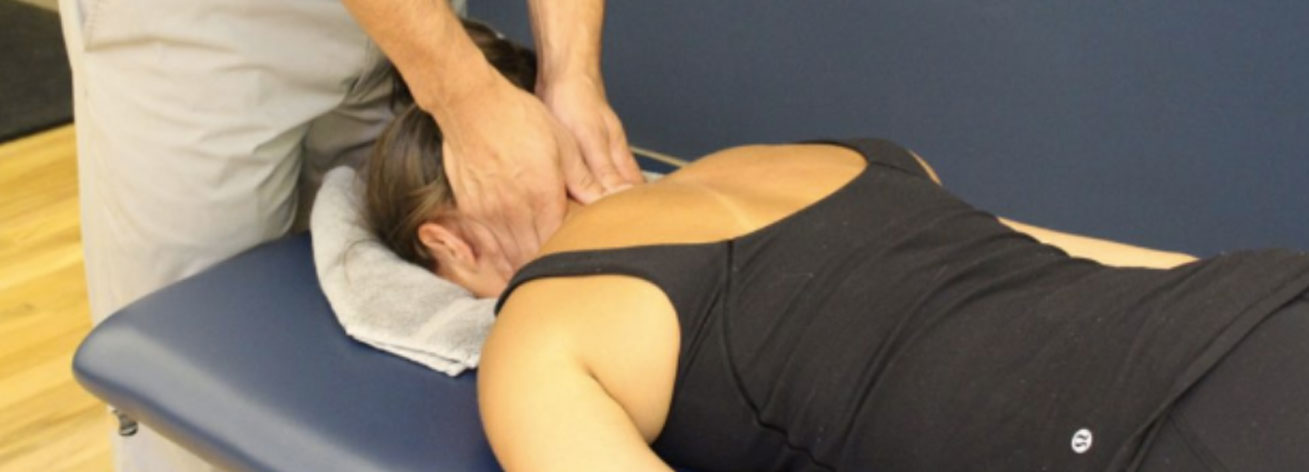Cervicogenic headaches / Whiplash injury
Cervicogenic headaches and whiplash injuries are closely related conditions that involve the cervical spine (neck) and can cause significant pain and discomfort. Here’s an overview of each condition:

Cervicogenic Headaches:
- Cervicogenic headaches are headaches that originate from dysfunction or pathology in the cervical spine, particularly the upper cervical vertebrae and associated soft tissues.
- These headaches are often described as dull, aching, and localized to the base of the skull, temples, forehead, or behind the eyes.
- Common causes of cervicogenic headaches include muscle tension, joint dysfunction, nerve irritation, poor posture, and neck trauma.
- Contributing factors may include prolonged sitting, repetitive neck movements, stress, and poor ergonomics.
- Treatment for cervicogenic headaches may include:
- Physiotherapy: Manual therapy techniques such as joint mobilizations, soft tissue massage, and trigger point therapy can help reduce muscle tension and improve cervical joint mobility.
- Exercise therapy: Strengthening exercises for the neck and shoulder muscles, as well as stretching and postural correction exercises, can help improve neck stability and alignment.
- Posture correction: Education on proper posture and ergonomics, along with ergonomic modifications to workstations and daily activities, can help alleviate strain on the neck and reduce headache frequency.
- Pain management: Modalities such as heat or cold therapy, acupuncture, and relaxation techniques may be used to help manage pain and alleviate headache symptoms.
- Education: Providing information on lifestyle modifications, stress management techniques, and strategies to prevent exacerbation of symptoms can empower individuals to manage their headaches more effectively.
If you’re in pain, you want to get back to living life on your terms.
Call 02 6258 1442 for an Expert Consultation
- Whiplash Injury:
- Whiplash injury occurs when the head is suddenly and forcefully jerked backward and then forward, often as a result of a rear-end car collision or other traumatic event.
- Common symptoms of whiplash injury include neck pain, stiffness, headache, dizziness, shoulder pain, and sometimes numbness or tingling in the arms.
- Whiplash injury can result in soft tissue damage, muscle strain, ligament sprain, and cervical spine misalignment.
- Treatment for whiplash injury may include:
- Rest and activity modification: Initially, rest may be recommended to allow injured tissues to heal, followed by gradual return to normal activities and exercises to restore mobility and strength.
- Neck immobilization: In some cases, a cervical collar or neck brace may be prescribed to immobilize the neck and limit movement during the acute phase of injury.
- Manual therapy: Hands-on techniques such as gentle mobilizations, massage, and myofascial release can help reduce pain, improve cervical joint mobility, and release muscle tension.
- Exercise therapy: Specific exercises targeting neck and shoulder muscles can help improve strength, flexibility, and postural alignment, reducing the risk of chronic pain and disability.
- Modalities: Modalities such as heat therapy, cold therapy, ultrasound, and electrical stimulation may be used to alleviate pain, reduce inflammation, and promote tissue healing.
- Education: Providing information on the nature of whiplash injury, expected recovery timeline, and self-care strategies can empower individuals to take an active role in their recovery and prevent long-term complications.
Both cervicogenic headaches and whiplash injuries can have a significant impact on an individual’s quality of life, but with appropriate treatment and management from experts here in Florey Physiotherapy Clinic Canberra , most people experience improvement in symptoms and functional outcomes over time. It’s important to consult with a healthcare professional, such as a physiotherapist or chiropractor, for a comprehensive assessment and personalized treatment plan tailored to your specific needs and condition.
WORKING HOURS
Monday / Wednesday / Thursday
8 am–12:30 pm, 2:30–6 pm
Tuesday / Friday
8 am–12:30 pm, 2–5:30 pm
Saturday
8:30 am–12:30 pm ( appointments only )
Sunday Closed
CONTACT
- Racom House Unit 6/ 37 Kesteven Street Florey ACT 2615
- 02 6258 1442
- physio@floreyphysio.com.au

